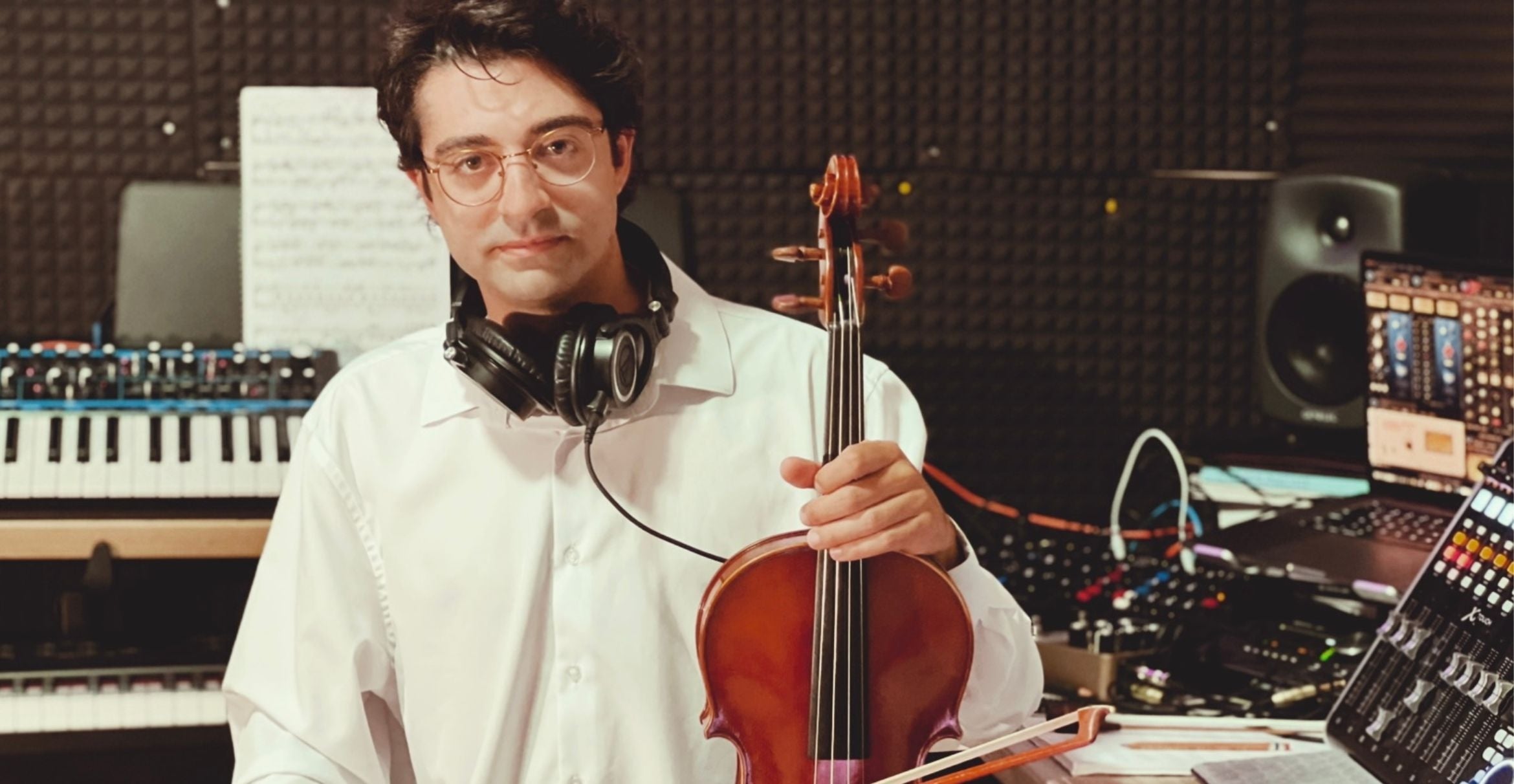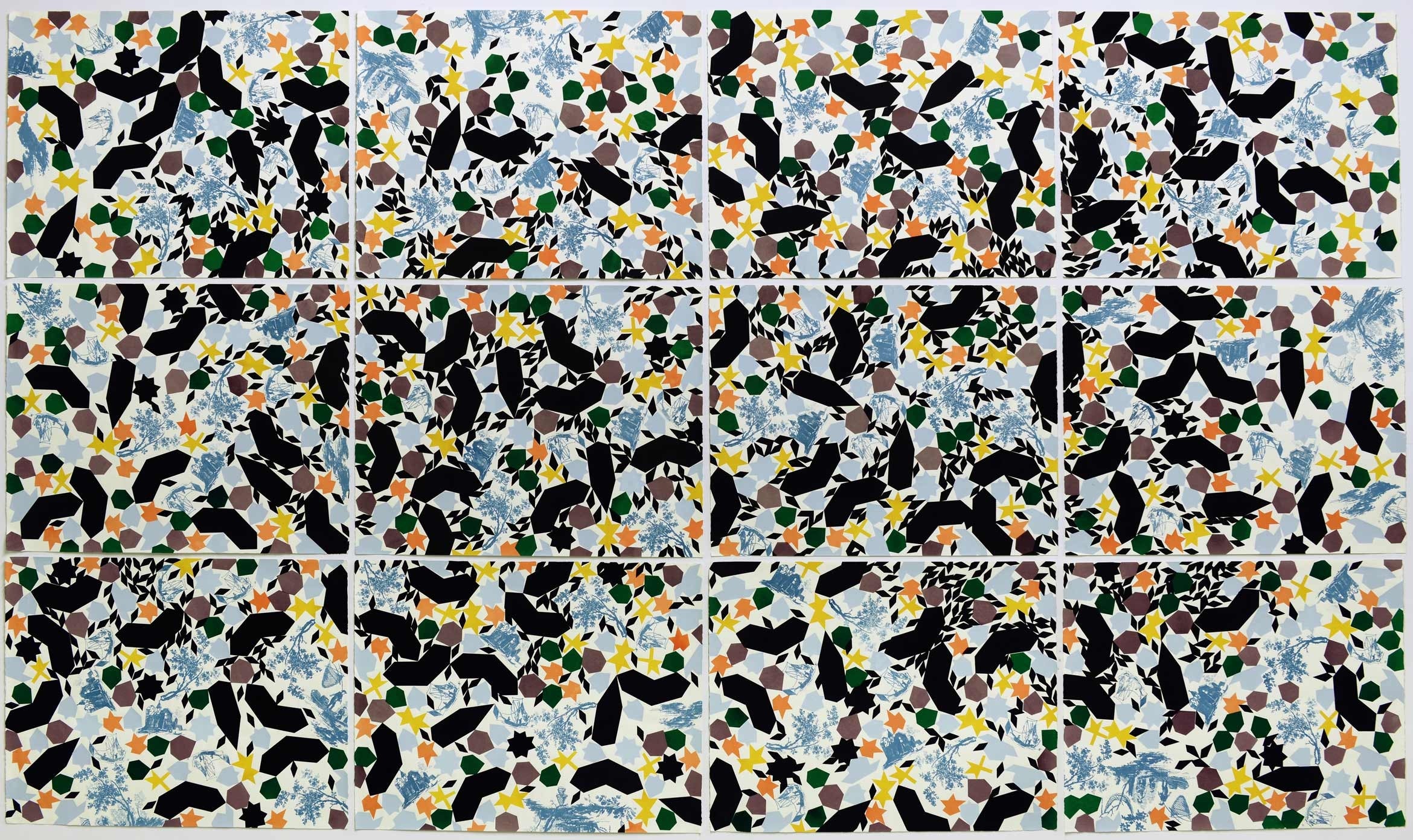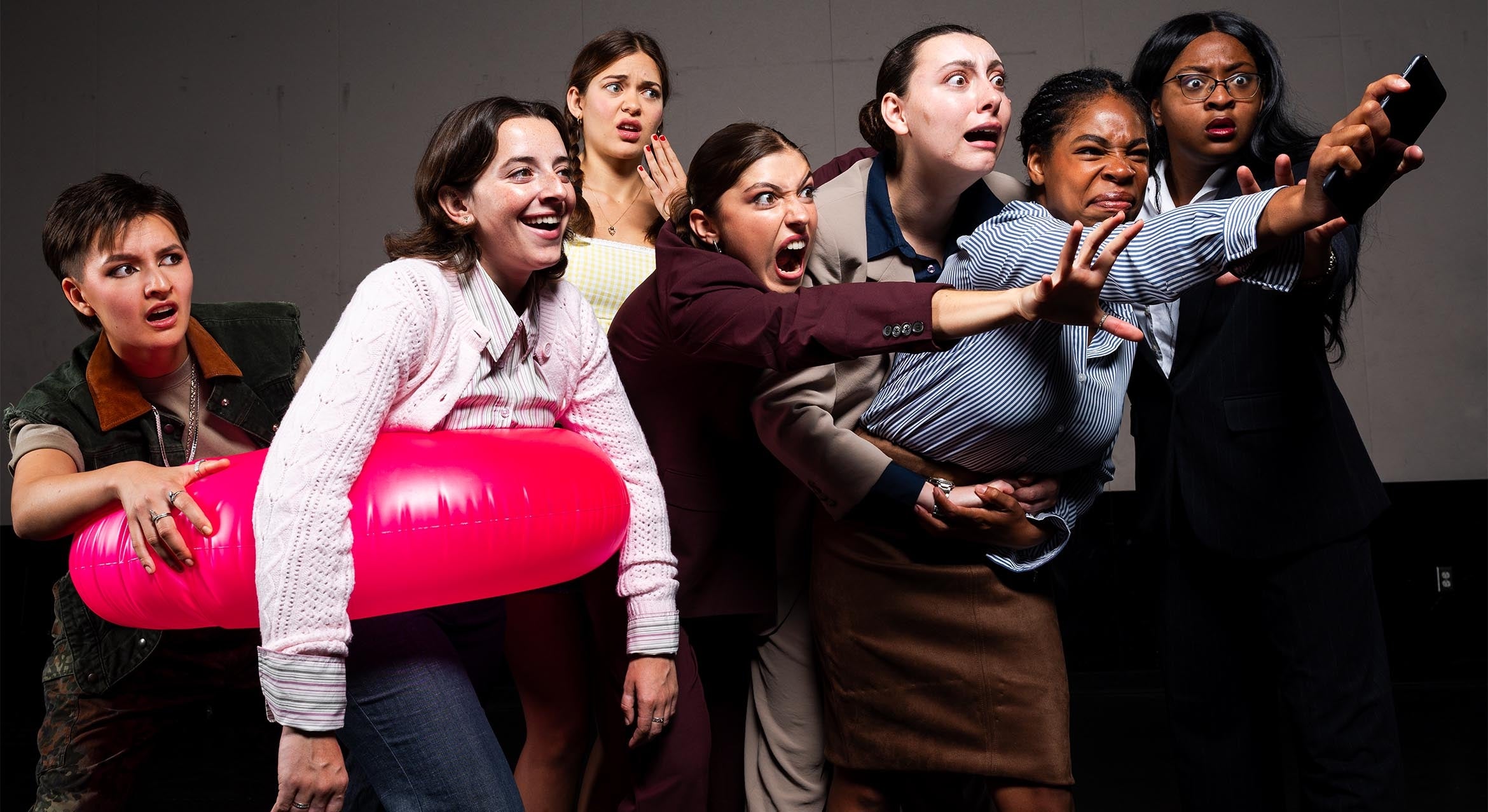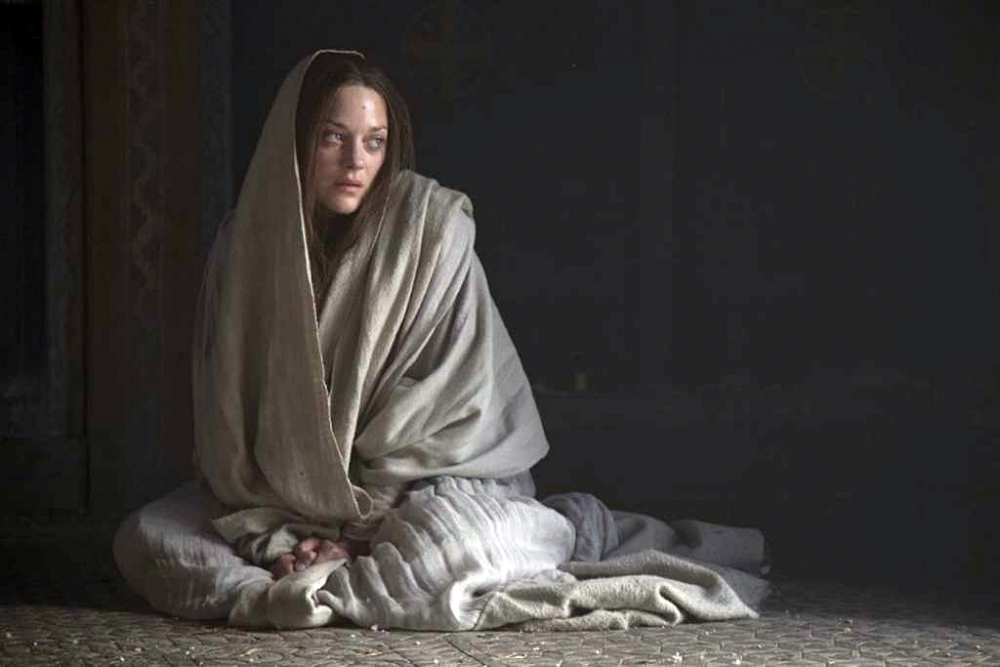
‘Shakespeare on Film’
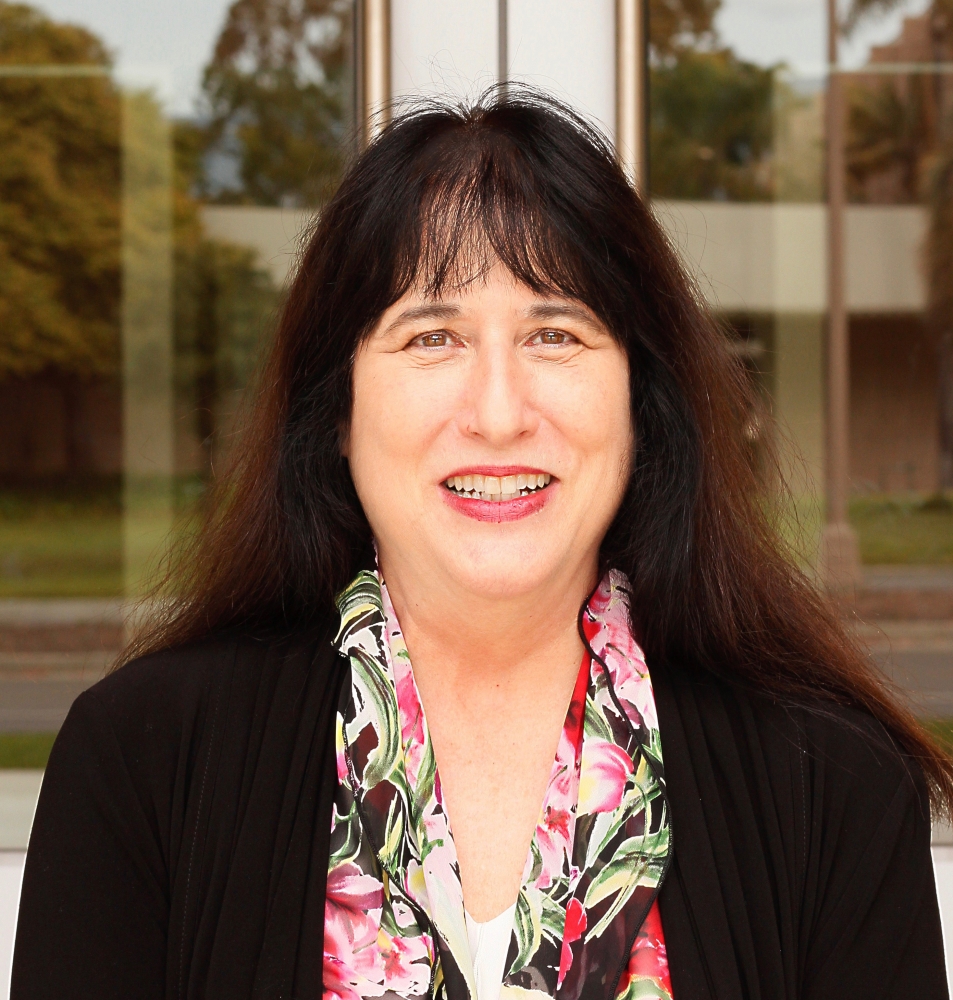

“A fool thinks himself to be wise, but a wise man knows himself to be a fool.”
Renowned for that and many other such quotable lines, William Shakespeare has received writing credit for nearly 1,300 movies — the most filmed author ever. Screenwriters, directors, producers and actors, from legends Laurence Olivier and Orson Welles to modern-day megastars like Leonardo DiCaprio and Joss Whedon, have taken turns interpreting the English playwright’s comedies and tragedies.
Inspired by that long history of adaptions, as well as the expertise of UC Santa Barbara faculty — most notably Shakespeare scholar James Kearney — the UCSB Carsey-Wolf Center is presenting “Shakespeare on Film,” a five-film series beginning Tuesday, Jan. 16.
“The enduring influence of Shakespeare on stage and screen is best understood as attributable to the magnificence of his language and the defining roles offered to performers,” said Patrice Petro, the UCSB film and media studies professor who created the series.
Produced from 1948 to 2006, the five movies — selected by Petro, director of the Carsey-Wolf Center, and Kearney, an associate professor of English — offer a range of classic adaptions, Hollywood comedy and Asian cinema. As part of the series, a UCSB moderator will conduct post-screening question-and-answer sessions with guest film experts.
“The post-screening discussions deepen the audience’s understanding and experience of the film,” Petro said. “As an academic research center, Carsey-Wolf is committed to expanding critical engagement with media, including film, television and new media. Our format offers people something they will not get anywhere else, since our guests range from scholars to directors to screenwriters and other participants in the creative process.”
Proved successful with three previous series, the screening-discussion format provides moviegoers a reason to both watch and discuss films collectively — and leave the theater with new ideas about the images and performances that linger long after the lights go up, Petro said.
The discussion moderator for three of the five films, Kearney said the series attempts to highlight the infinite ways one might adapt Shakespeare to film. “I almost never prefer renditions that try to be true to a play,” he said. “I believe you need to have an artistic vision of your own that converges with and transforms the original. I’m very interested in the ways brilliant readers interpret texts that are meaningful to them and the ways art inspires art.” As for audiences, Kearney said he hopes “they hear Shakespeare speaking from the grave.”
Petro noted she’s especially interested in the latest Macbeth adaption on a big screen because of its stunning visuals and Marion Cotillard playing Lady Macbeth, one of Shakespeare’s greatest roles.
The films screen at 7 p.m. at the Pollock Theater. With the exception of “She’s the Man,” all are free and open to the public, though reservations are recommended to guarantee a seat (http://www.carseywolf.ucsb.edu/events/).
Jan. 16: “Chimes at Midnight” (1966), starring Orson Welles, Jeanne Moreau and Margaret Rutherford. Kearney will moderate a discussion with Joseph McBride, a screenwriting and film history professor from San Francisco State University.
Jan. 18: “Macbeth” (2015), starring Michael Fassbender and Marion Cotillard. Kearney will moderate the post-screening session with two of the film’s screenwriters, Todd Louiso and Jacob Koskoff.
Jan. 25: “Haider” (2014), starring Shahid Kapoor and Tabu. Bhaskar Sarkar, a film and media studies professor, will moderate the discussion with Priya Jaikumar, a historian and theorist of colonial and postcolonial cinema from the University of Southern California.
Feb. 15: “Hamlet” (1948), starring Laurence Olivier and Jean Simmons. Kearney will moderate the question-and-answer with Mark Rose, a UCSB research professor emeritus who is the author of “Shakespearean Design.”
Feb. 22: “She’s the Man” (2006), starring Amanda Bynes and Channing Tatum. Pollock Theater Director Matt Ryan will moderate the discussion with the film’s screenwriters, Karen McCullah and Kirsten Smith. Tickets are $5 for UCSB students and $7 for the public.

